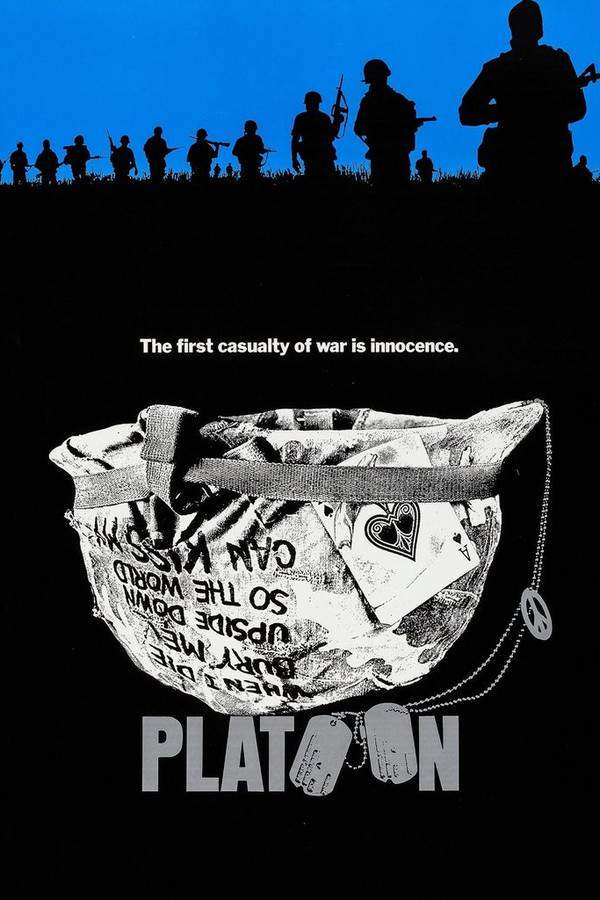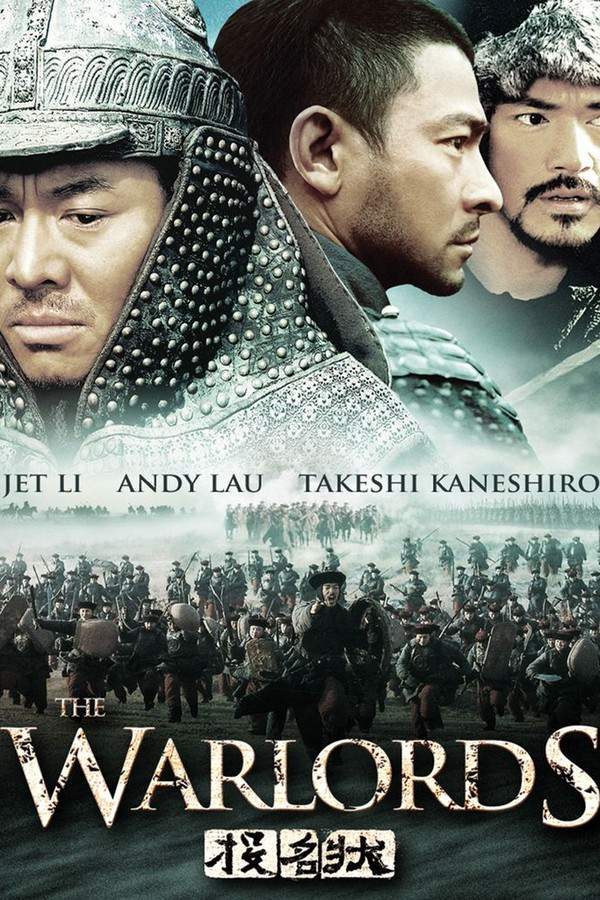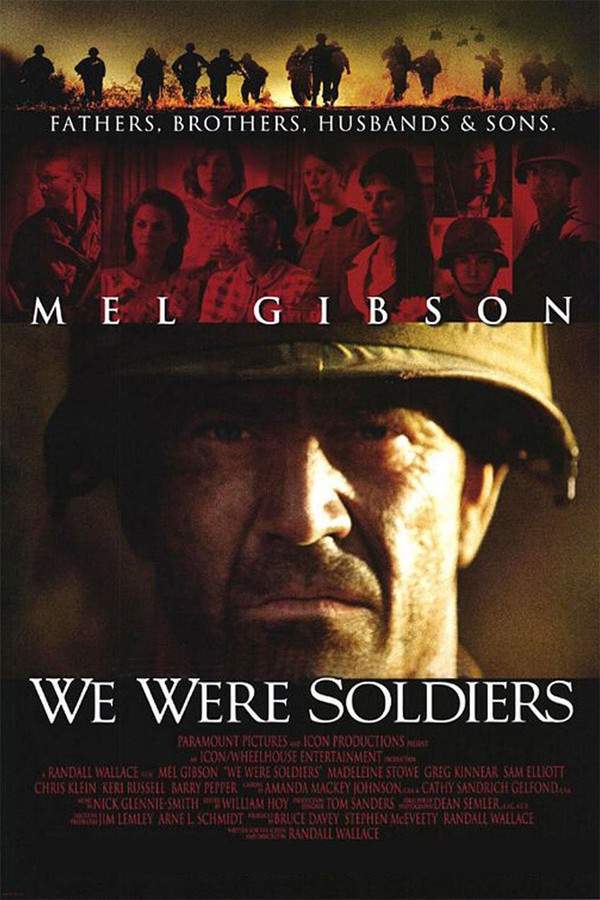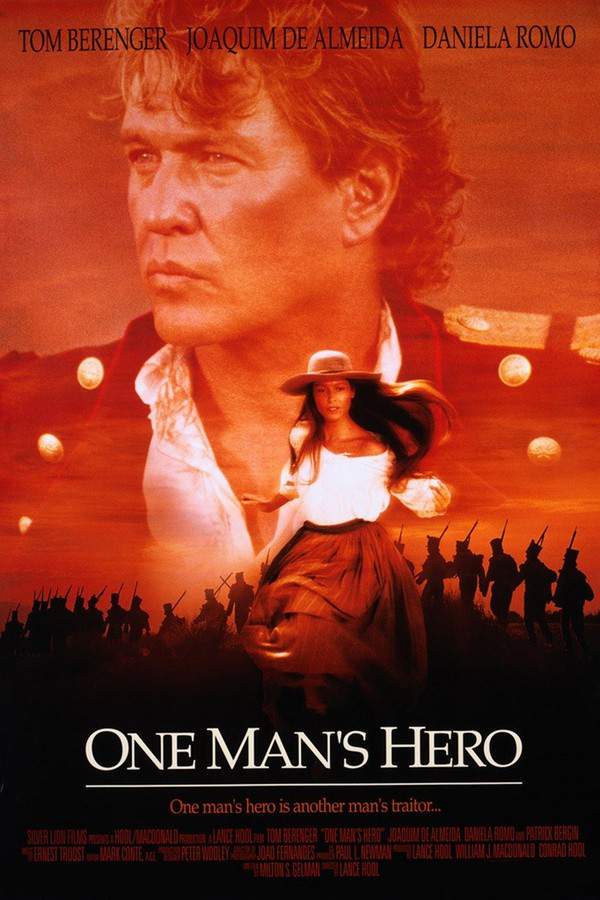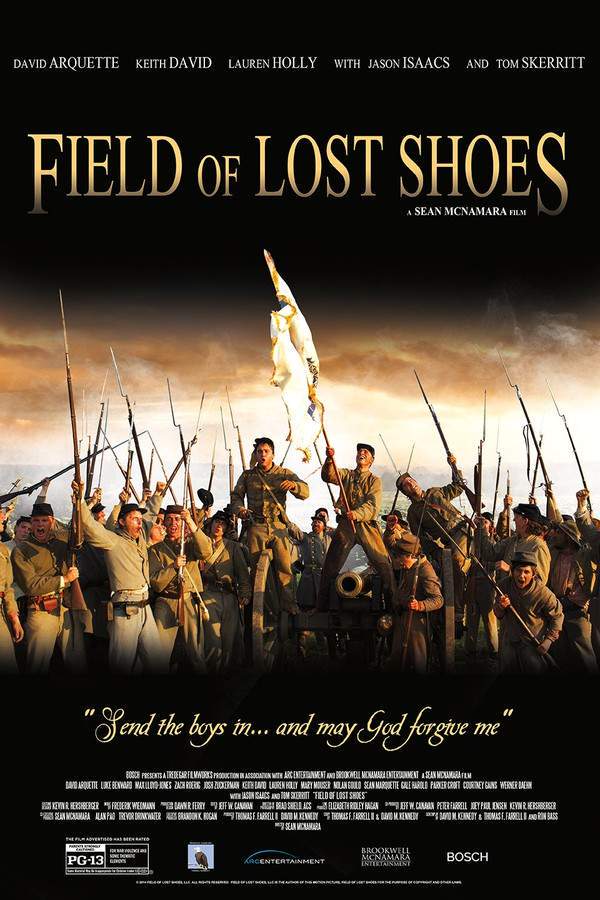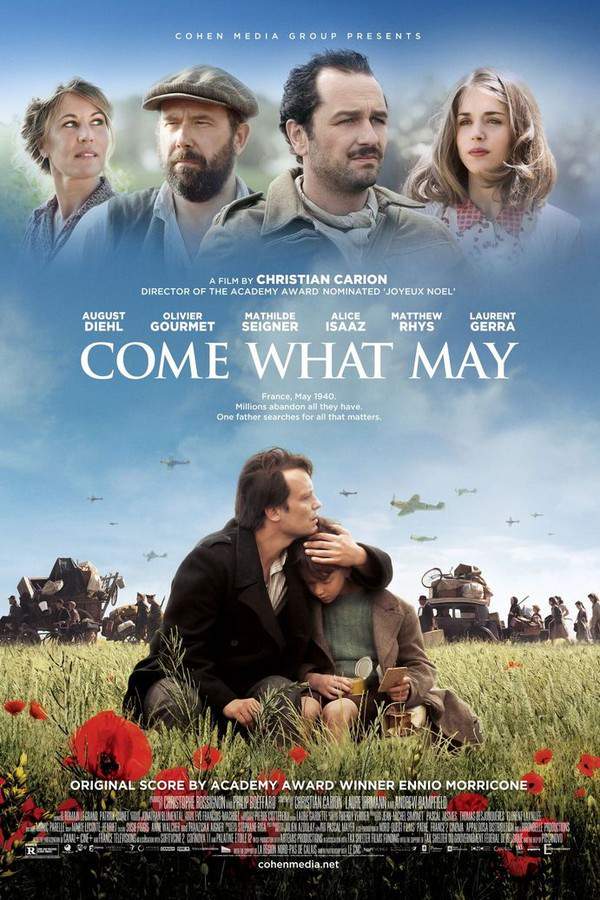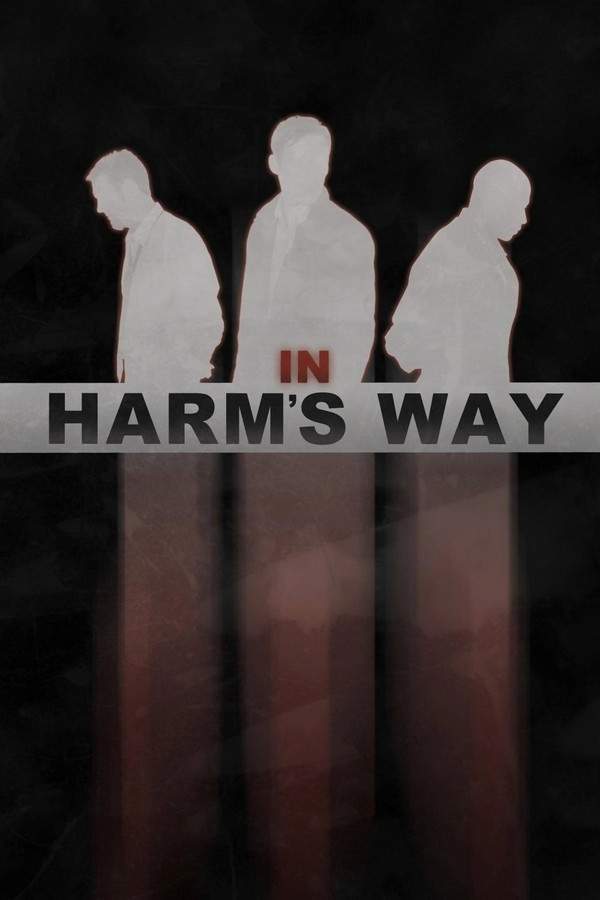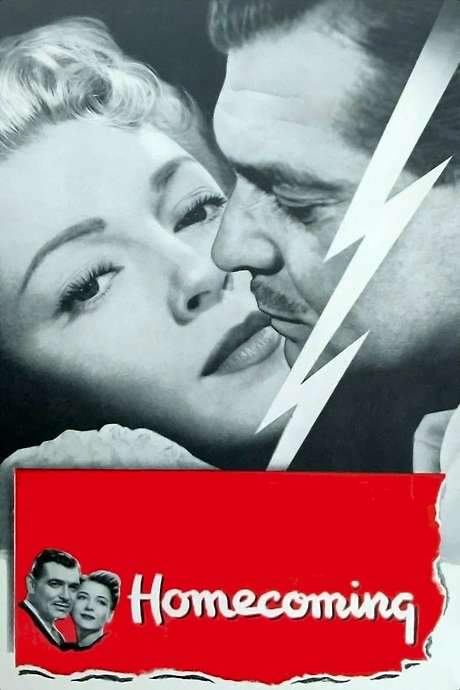
The Young Lions
Year: 1958
Runtime: 167 mins
Language: English
Director: Edward Dmytryk
Irwin Shaw’s monumental best-seller The lives of three young men, a German and two Americans, during WWII.
Warning: spoilers below!
Haven’t seen The Young Lions yet? This summary contains major spoilers. Bookmark the page, watch the movie, and come back for the full breakdown. If you're ready, scroll on and relive the story!
The Young Lions (1958) – Full Plot Summary & Ending Explained
Read the complete plot breakdown of The Young Lions (1958), including all key story events, major twists, and the ending explained in detail. Discover what really happened—and what it all means.
The Young Lions follows three men whose paths intersect and diverge across the chaos of World War II. Marlon Brando plays German ski instructor Christian Diestl, who starts with a hopeful faith in Germany’s future under Hitler but becomes increasingly unsettled as the war reveals itself in the brutality of combat and the moral costs of duty. Across the sea, Dean Martin embodies Michael Whiteacre, a charismatic showman whose life in civilian entertainment clashes with the summons of the draft and the responsibilities of an army that may be far from glamorous. In parallel, Montgomery Clift portrays Noah Ackerman, a small-town clerk who endures bullying in boot camp but earns the respect of his peers through quiet resilience and courage in battle.
On the home front, Michael’s social world adds a romantic undercurrent. He is involved with Margaret Freemantle, played by Barbara Rush, a society figure who once dated Christian during a ski trip in the Bavarian Alps in 1938. Their complicated past and enduring connection to the era’s tensions loom over Michael’s present, and Margaret’s influence helps push Michael toward actions that will define his war years. Meanwhile, Noah’s life blooms with another connection when he meets Hope Plowman, portrayed by Hope Lange, at a party Michael hosts. Hope invites Noah to Vermont to meet her father, and the story delicately explores the pull between personal history, faith, and family acceptance as he reveals that he is Jewish—an revelation that initially unsettles Hope’s father but is ultimately met with surprising openness.
As the two men enlist, their training becomes a crucible that tests loyalty, pride, and courage. Noah faces taunting and harassment in boot camp, yet he refuses to back down, earning a hard-won respect from his fellow soldiers. Their commanding officers, including Arthur Franz as Lt. Green, set the tone for a harsh, often unforgiving environment. Noah’s perseverance culminates in a moment that catches the attention of military authorities, who deal with the abuses he endures and affirm the value of his bravery. Michael, by contrast, starts the war in a more protected position thanks to his fame, spending much of the conflict in a London posting where combat feels distant from his daily life. He is moved to action only after Margaret—ever the force of influence—shames him into volunteering for front-line duty again, a turning point that sends him back into the thick of the fighting with his old unit as the war’s final chapters unfold in Germany.
Christian’s arc runs in stark counterpoint to his American counterparts. He is torn between loathing what the Reich has become and a sense of obligation to serve his countrymen. His experience deepens when he visits a hospital to see his wounded captain, and he is deceived into bringing the captain a bayonet; the captain later dies by suicide, an act that shakes Christian’s resolve and reveals the inner cost of a soldier’s duty. The film’s most intense moral reckoning lies in the war’s final phase, when Christian’s own path collides with the consequences of a regime he finds increasingly unconscionable. Maximilian Schell appears as Capt. Hardenberg, offering a stark portrait of European military command, while Dora Doll contributes to the intimate ensemble through the character Simone, whose presence adds texture to life beyond the frontline.
The front lines bring Noah and Michael face to face with the consequences of war as liberation nears. Noah risks his life by swimming across a canal to rescue a fellow soldier—the person who had once harassed him in boot camp. The moment starkly contrasts with Christian’s awakening as he encounters the horrific realities of the Third Reich at a concentration camp. There, he overhears the mass extermination talk from the camp’s commander and is confronted with the true scale of the regime’s brutality. The camp’s liberation comes as American forces close in, among them Michael and Noah, while the local mayor proposes “cleaning up” the camp before reporters arrive. His efforts are rebuffed by Captain Green, who stands as a reminder of the conflict between bureaucratic power and the moral urgency of the moment, and a Rabbi’s plea for a religious service underscores the human cost of the war.
In the climactic aftermath, the personal and collective histories collide. Michael cautiously returns to a role that feels earned rather than glamorous, and Noah—worn yet steadfast—watches as the war ends and life begins anew. The two men’ s paths reconverge in the wake of victory, culminating in a quiet, poignant moment of kinship and relief. The final image returns to Hope’s window in their apartment, where she lifts their baby daughter to greet Noah, who climbs the stairs toward his family with a renewed sense of belonging and hope.
The film weaves a stark, unflinching portrait of wartime moral complexity, tracing how three men from different backgrounds confront power, fidelity, and humanity under pressure. It juxtaposes the glamorous pull of personal aspiration with the brutal demands of history, showing that courage comes in many forms—whether it’s Noah’s steadfast endurance in the face of abuse, Michael’s decision to step back into danger for a sense of duty, or Christian’s painful awakening to the atrocities fueled by his own countrymen. Through intimate character moments, tense frontline sequences, and a devastating meditation on the costs of war, the story remains a somber reflection on the price of loyalty, the cost of prejudice, and the redemptive possibility that can emerge from acts of courage in the darkest hours.
Last Updated: October 09, 2025 at 09:26
Explore Movie Threads
Discover curated groups of movies connected by mood, themes, and story style. Browse collections built around emotion, atmosphere, and narrative focus to easily find films that match what you feel like watching right now.
War dramas with moral dilemmas like The Young Lions
Stories where the brutality of conflict forces a profound moral reckoning.If you liked the profound ethical struggles in The Young Lions, you'll find similar stories here. This thread gathers movies that explore the soldier's journey beyond combat, focusing on moral awakening, the clash between duty and conscience, and the personal cost of war.
Narrative Summary
Narratives in this thread typically follow a character, often a soldier, who begins with a clear set of beliefs or a sense of purpose. As they are exposed to the true horrors and moral ambiguities of war, their worldview is challenged, leading to a crisis of conscience and a difficult, often bittersweet, personal transformation.
Why These Movies?
These films are grouped together because they share a deep thematic focus on the erosion and reconstruction of morality under duress. They prioritize character-driven drama over pure action, creating a similarly heavy, somber, and intellectually engaging mood where the biggest battles are fought within the protagonist's mind.
Multiperspective World War II movies like The Young Lions
Epic war stories following multiple characters from different sides of the conflict.For viewers who appreciated the multifaceted narrative of The Young Lions, this thread collects other epic war films that follow multiple characters. These stories provide a broader, more nuanced view of conflict by showing different perspectives and interconnected fates.
Narrative Summary
The narrative pattern involves parallel storylines for distinct characters whose paths may or may not directly cross. The structure emphasizes the vast scale of the conflict while maintaining intimate focus on individual journeys. The pacing is steady, building a mosaic of experiences that culminate in a collective, often bittersweet, understanding of the war's impact.
Why These Movies?
These movies are grouped by their shared narrative structure and ambition to humanize all sides of a conflict. They create a specific, grand yet personal vibe by balancing epic scale with intimate character portraits, resulting in a Moderately Complex and emotionally heavy experience that feels authentic and comprehensive.
Unlock the Full Story of The Young Lions
Don't stop at just watching — explore The Young Lions in full detail. From the complete plot summary and scene-by-scene timeline to character breakdowns, thematic analysis, and a deep dive into the ending — every page helps you truly understand what The Young Lions is all about. Plus, discover what's next after the movie.
The Young Lions Timeline
Track the full timeline of The Young Lions with every major event arranged chronologically. Perfect for decoding non-linear storytelling, flashbacks, or parallel narratives with a clear scene-by-scene breakdown.

Characters, Settings & Themes in The Young Lions
Discover the characters, locations, and core themes that shape The Young Lions. Get insights into symbolic elements, setting significance, and deeper narrative meaning — ideal for thematic analysis and movie breakdowns.

The Young Lions Spoiler-Free Summary
Get a quick, spoiler-free overview of The Young Lions that covers the main plot points and key details without revealing any major twists or spoilers. Perfect for those who want to know what to expect before diving in.

More About The Young Lions
Visit What's After the Movie to explore more about The Young Lions: box office results, cast and crew info, production details, post-credit scenes, and external links — all in one place for movie fans and researchers.

Similar Movies to The Young Lions
Discover movies like The Young Lions that share similar genres, themes, and storytelling elements. Whether you’re drawn to the atmosphere, character arcs, or plot structure, these curated recommendations will help you explore more films you’ll love.
Explore More About Movie The Young Lions
The Young Lions (1958) Scene-by-Scene Movie Timeline
The Young Lions (1958) Movie Characters, Themes & Settings
The Young Lions (1958) Spoiler-Free Summary & Key Flow
Movies Like The Young Lions – Similar Titles You’ll Enjoy
Operation Dunkirk (2017) Full Summary & Key Details
The Lark (1964) Story Summary & Characters
Screaming Eagles (1956) Full Movie Breakdown
All the Young Men (1960) Full Movie Breakdown
Decision Before Dawn (1951) Full Movie Breakdown
The Secret Invasion (1964) Film Overview & Timeline
The Victors (1963) Plot Summary & Ending Explained
The Young Eagles (1927) Full Summary & Key Details
All Quiet on the Western Front (1979) Story Summary & Characters
Three Comrades (1938) Film Overview & Timeline
The Big Parade (1925) Complete Plot Breakdown
The Wooden Horse (1950) Film Overview & Timeline
Churchill’s Leopards (1970) Full Movie Breakdown
The Young and the Brave (1963) Complete Plot Breakdown
The Young Guard (1948) Ending Explained & Film Insights

